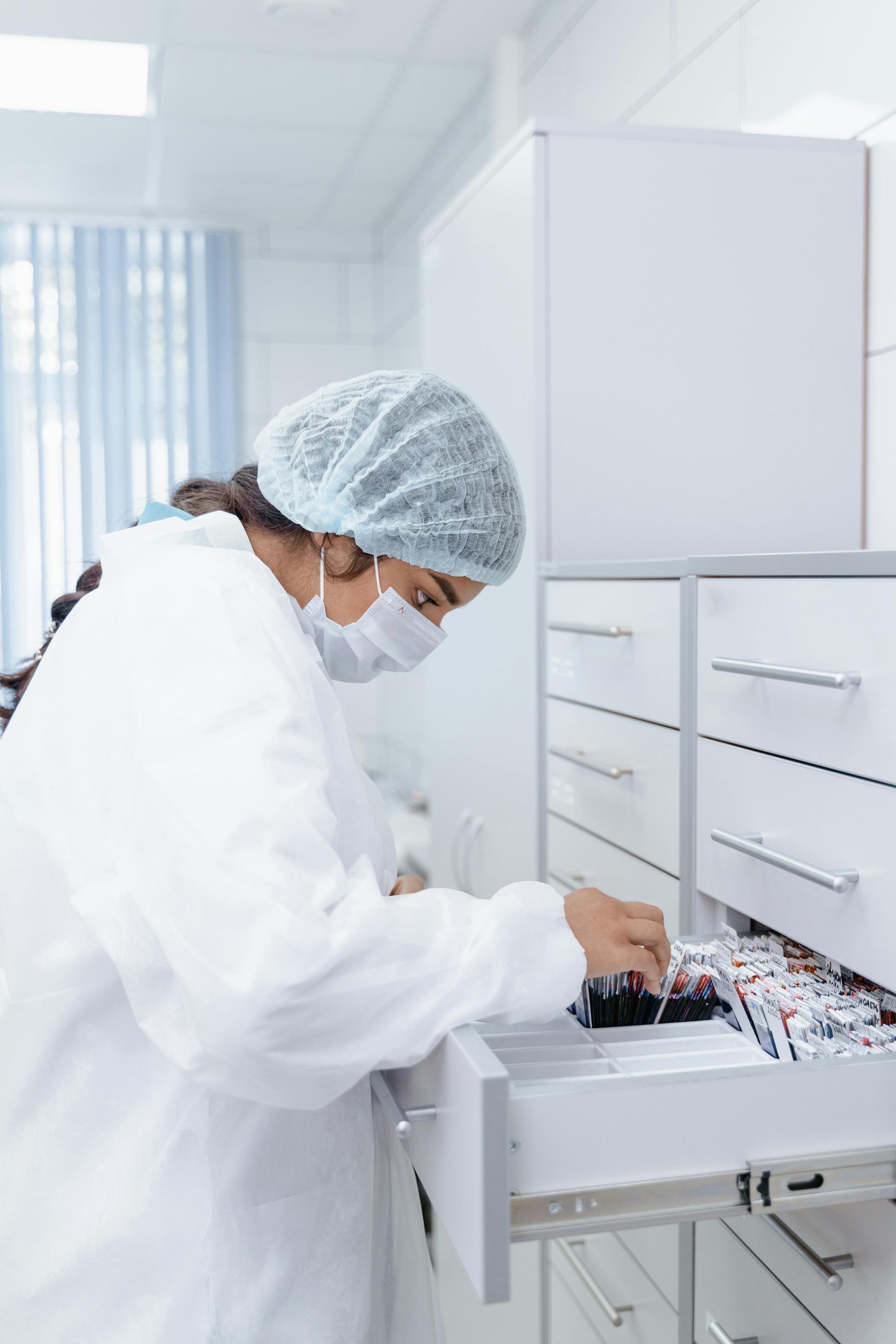Understanding Good Manufacturing Practices (GMP) in Pharma: A Brief Overview
You have probably never seen two different sized Tylenol in the same bottle. Good Manufacturing Practices (GMP) are why.
Good Manufacturing Practices are the processes designed to ensure products are consistently made according to the high standard set by the World Health Organization (WHO). In the U.S., GMPs are also regulated by the Food and Drug Administration (FDA) and apply not only to pharmaceuticals but to food and cosmetics as well.
The main goal of GMP is to guarantee the safety of the individual ingesting or using the manufactured product, but their effectiveness goes far beyond safety. In pharmaceuticals, these processes allow companies to track details of each product down to the exact pill.
In 2002,
IHS Markit (a leader in chemical analysis) estimated that Acetaminophen (APAP) accounts for 75,000-80,000 metric tons of pills per year. This estimation has risen in recent years, and with that many bottles of medications being produced daily, you can imagine the critical nature of the processes needed to keep things running smoothly and safely.
Read on to learn more about Good Manufacturing Practices, examples of what they look like in practice, and other useful information.
Why Are GMPs Important? A Look at GMPs in the Pharmaceutical Industry
Consumers place a lot of trust in the companies they decide to purchase medications from. After all, brands like Tylenol, Advil, Excedrin, and more are all household names in the U.S. A lot of work goes on behind the scenes to guarantee the efficacy of these kinds of goods.
According to the
FDA, “A consumer usually cannot detect (through smell, touch, or sight) that a drug product is safe or if it will work. While CGMPs require testing, testing alone is not adequate to ensure quality.”
While it seems easy to look at most goods and identify whether it's safe to use, we don’t have the same luxury when it comes to pills. We assume they will always have the same, consistent results. The reason we can do this so confidently is due to GMPs.
What Are Examples of Best Practices for GMP?
Depending on the manufactured products, the practices and protocols involved in their development may vary slightly. GMP best practices are typically broken down into the following 5 “Ps”:
- Products and Primary Materials: These should include a list of any products and primary materials used to produce a finished product. All products should utilize a master formula to ensure consistency, as well as receive frequent testing.
- Premises and Equipment: Labs must ensure that all premises and equipment are capable of producing a consistent product and properly maintained to reduce variance and failure.
- People: All personnel must receive proper training. It’s highly recommended they receive ongoing GMP quality control training to ensure they understand current procedures and regulations.
- Procedures: Any procedures involved in drug manufacturing. Procedures should be up to date, documented, and designed to adhere to current GMP requirements.
- Processes: The documentation used to confirm that a specific procedure was followed. Thorough documentation is an essential part of compliance as it improves organizational-wide accountability and visibility into the other areas of drug manufacturing.
GMPs may vary from company to company, but the end goal is always to improve cleanliness, accountability, safety, and compliance.
What Ensures GMPs Are Followed In Practice?
GMPs identify every step along the manufacturing process and are accompanied by proof to ensure all parties involved are following defined procedures.
Checks and Balances
Although drug manufacturing operations are comprehensive, there is no way to anticipate all of the risks associated with any given product.
A recall doesn’t necessarily mean that the checks and balances failed, but rather there were unforeseen factors that played into some aspect of the process. These could include creation, distribution, consumption, or another stage.
GMPs are designed to ensure a plan of action exists should any product need to be recalled. Any complaints and events relating to the recall are researched, and the
FDA also has an accessible list of all currently recalled items for transparency and accountability on the side of the respective companies.
GMP Violation Policies
Recalls typically occur when a company is knowingly or unknowingly failing to comply with GMPs outlined by the FDA.
A good example of this is when a product has too little of an active ingredient to be effective, requiring the product to be pulled from shelves due to false advertising of its capabilities.
Recalls happen to protect the public when a company becomes aware that their drug is ineffective or potentially harmful to its users. The FDA also has the ability to seize a drug from a company if they deem it unfit for the public and the company refuses to recall it.
Costly Losses
Pharmaceuticals spend a significant amount of time and money to research, develop, test, manufacture, market, and sell drugs.
Losing months of resources due to inconsistent processes is an avoidable issue. Reputable companies are happy to comply with GMPs because it saves them the headache of self-regulating their process and ensures the highest level of development.
Learn GMP Best Practices With CfPIE’s Pharmaceutical Training Programs
GMPs provide a critical function within the pharmaceutical industry. Ensuring the safety of employees, companies, and consumers should be the top priority for any company.
Are you looking to learn more about Good Manufacturing Practices? CfPIE offers a variety of GMP-focused pharmaceutical training courses, including:
Looking to get your facility GMP-certified? Click to learn more about our
GMP certification program.
Have questions about GMP best practices or our pharmaceutical training courses?
Get in touch with our team today to learn more.
Blog Categories
Stay Informed



